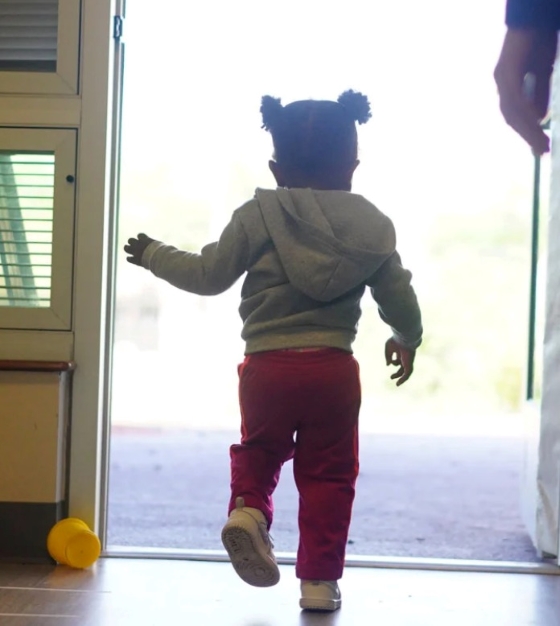 Disparities in Housing, Health Care, Child Care, and Economic Security Affect Babies for Life
Disparities in Housing, Health Care, Child Care, and Economic Security Affect Babies for Life
The first three years of a child’s life mark a foundational period of social and cognitive development that sets the stage for lifelong learning, health, and well-being. Public policy decisions in the United States frequently group early childhood into a single, isolated stage, which often fails to prioritize the unique needs of babies and toddlers.
During the first year of life, the brain forms more than 1 million neural connections each second, as infants rapidly consume input from their environment and the people in it.1 Quality interactions with responsive caregivers, as well as early learning activities such as storytelling and singing songs, help strengthen neural connections during infancy that build the foundation for social and emotional development and speech and language learning throughout life.2 By age 3, the brain grows to more than 80 percent of its adult volume, and children have the capacity to engage in complex cognitive abilities and to consider the relation between cause and effect.3
Click here to read the full article.
